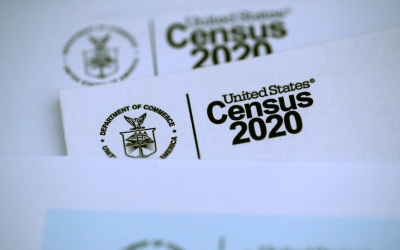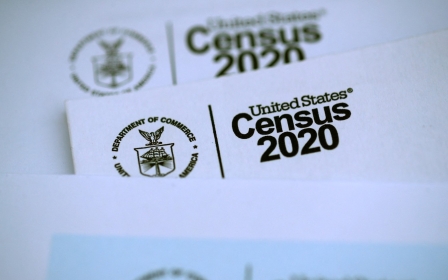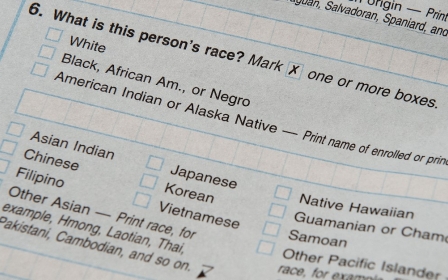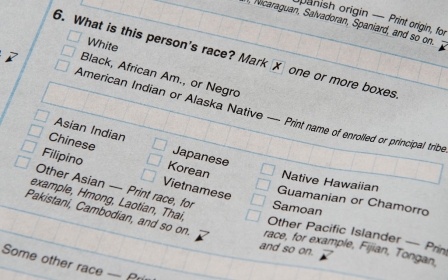US to add Mena category in next census and government surveys
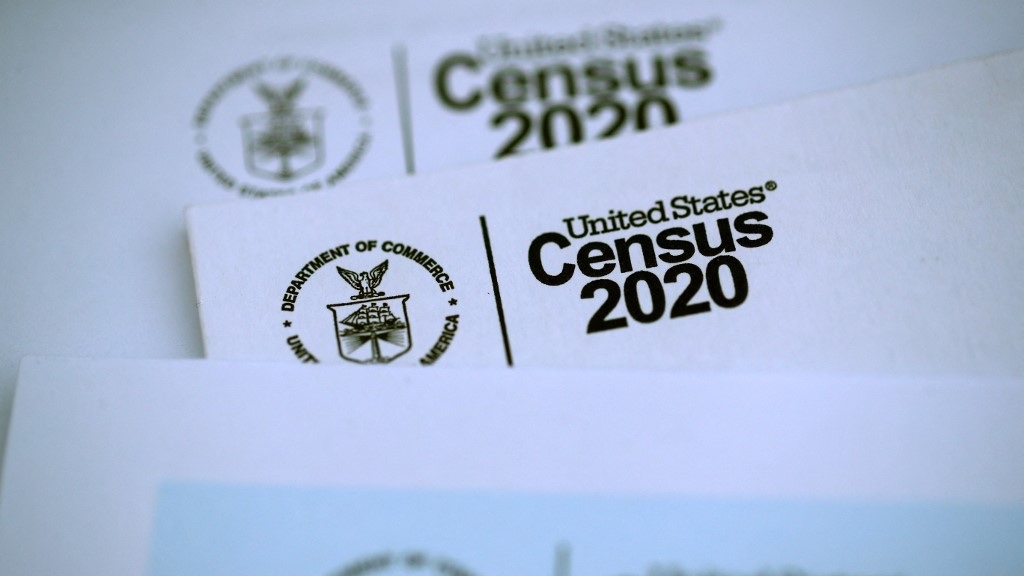
The next US census will have a checkbox for people of Middle East and North African (Mena) descent, as well as those who identify as Latino under a redesigned question that asks: What is your race and/or ethnicity?
Introducing a MENA category would enable 7 million to 8 million people to avoid classifying themselves as "white" or "other" on the census and other documents that gather such information. This change marks a major achievement for advocates of Arab Americans and other Mena groups that have long campaigned for recognition.
The revision, announced by the Biden administration on Thursday, now consolidates race and ethnicity into a single question, allowing individuals to select multiple options reflecting their identity. Within each category, there are subcategories providing examples, as well as space for options that might not be explicitly listed.
“These updated standards are going to help us create more useful, accurate and up-to-date federal data on race and ethnicity,” said an official with the Office of Management and Budget (OMB), who spoke to reporters on Tuesday, NBC reported.
“And these revisions will enhance our ability to compare information and data across federal agencies and also understand again how our federal programs are serving a diverse America."
New MEE newsletter: Jerusalem Dispatch
Sign up to get the latest insights and analysis on Israel-Palestine, alongside Turkey Unpacked and other MEE newsletters
Agencies have been given 18 months to formulate compliance strategies, followed by a maximum of five years to implement those strategies. However, OMB noted that some agencies are expected to do this sooner.
Federal agencies responsible for publishing data on race and ethnicity must submit a public action plan to the Office of Management and Budget (OMB) by the end of September 2025 and ensure that all their surveys and statistics comply with the new guidelines by the end of March 2029.
The census, which is required every 10 years, maps out the US population and details its demographic features.
The majority of people in the US are not anticipated to encounter the changes in the census until the distribution of forms for the next decennial census in 2030.
Reflecting 'diversity' of Americans
The proposals originated from the Barack Obama administration's time in office but were shelved by the Donald Trump administration. Last year, the Biden administration revived the Mena category changes after beginning a formal review of the government's standards for race and ethnicity statistics to help ensure they "better reflect the diversity of the American people".
Research by the US Census Bureau suggests that both the addition of a "Middle Eastern or North African" box and a combined question about race and ethnicity could decrease the number of people who identify as white for the national head count.
In 1997, OMB guidance decided against adding the Mena category and instead reported data collected on individuals from the Mena region within its "White" reference category.
In 2015, the bureau tested a Mena category for the 2020 census, and in 2017 recommended adding the category. But the administration of US President Donald Trump overruled the recommendation.
In 2022, Congresswomen Rashida Tlaib and Carolyn Maloney sent a letter to the OMB and the US Census Bureau, urging them to update the standards for the federal data collection on race and ethnicity to include a Mena response category.
Middle East Eye delivers independent and unrivalled coverage and analysis of the Middle East, North Africa and beyond. To learn more about republishing this content and the associated fees, please fill out this form. More about MEE can be found here.


